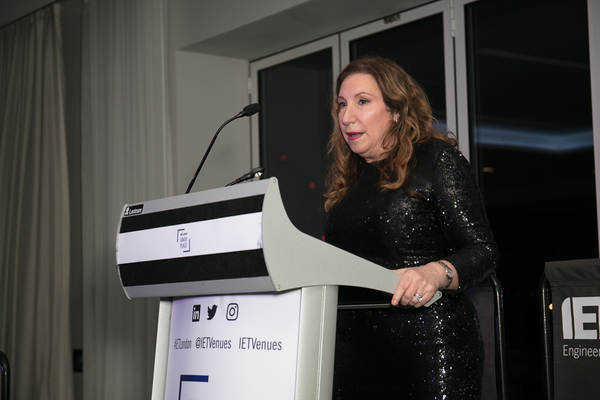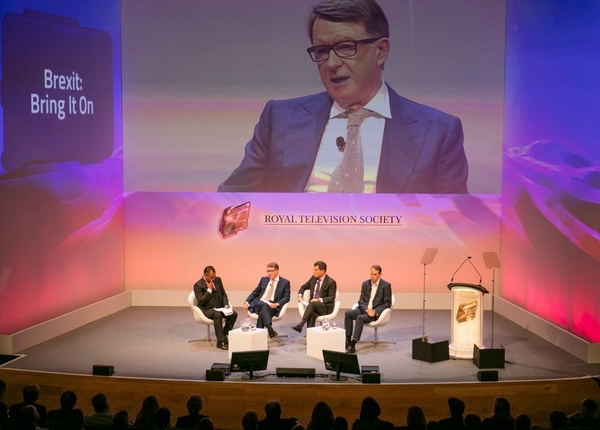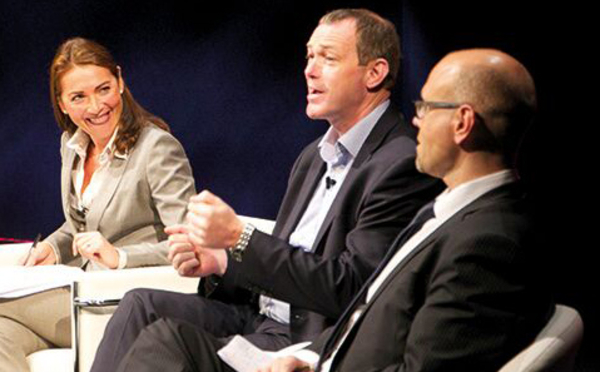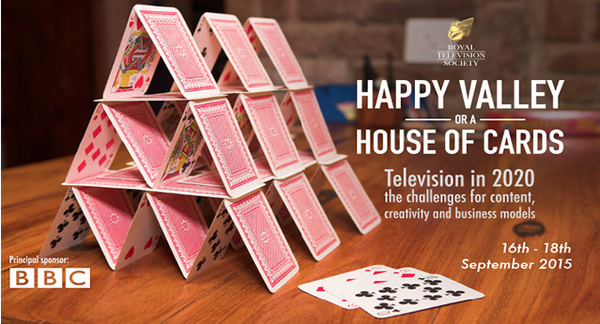Leader of the Pact: John McVay
When, 20 years ago, John McVay became CEO of the producers’ lobby group Pact, his first outing to the world of London TV types did not go according to plan. Flying down from his native Edinburgh and travelling to Soho via the Heathrow Express, the train caught fire and he was stuck on the line outside Paddington for two hours. By the time he arrived at the farewell party for his predecessor, he was conspicuously sober while his new colleagues were too merry to give him their proper attention.





